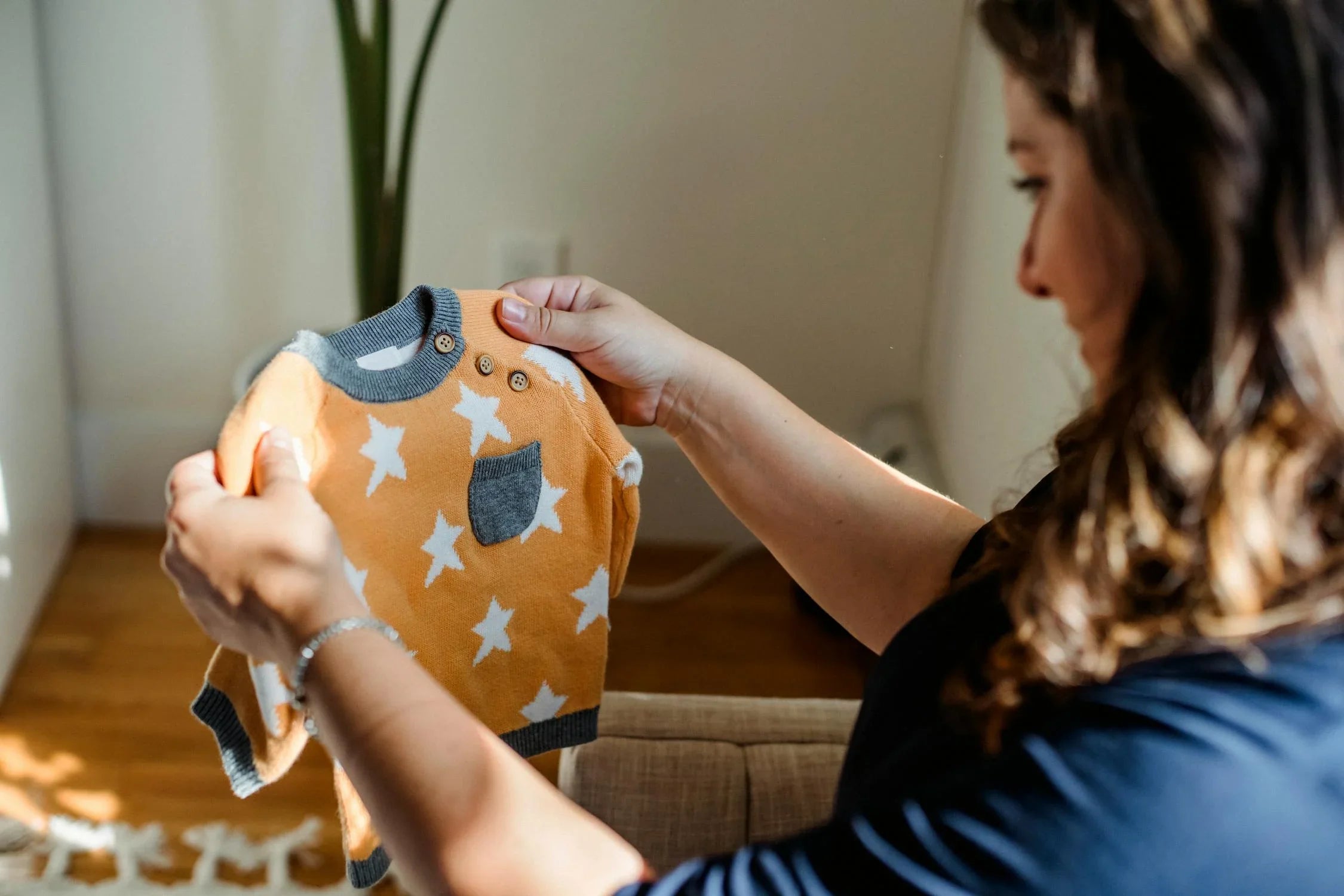Home
Pregnancy, Breastfeeding, and Pumping: The Ultimate Guide for Moms
Is Three Weeks Too Early for a Pregnancy Test? What You Need to Know

Is Three Weeks Too Early for a Pregnancy Test? What You Need to Know
Are you wondering if three weeks is too early for a pregnancy test? The anticipation of finding out whether you're expecting can be both exciting and nerve-wracking. Understanding the timing and accuracy of pregnancy tests is crucial to avoid unnecessary stress or disappointment. Let's dive into the details to help you make an informed decision.
Understanding Pregnancy Tests
Pregnancy tests work by detecting the presence of human chorionic gonadotropin (hCG), a hormone produced by the placenta shortly after a fertilized egg attaches to the uterine lining. The levels of hCG increase rapidly in the early stages of pregnancy, doubling every 48 to 72 hours.
When Can You Take a Pregnancy Test?
Most over-the-counter pregnancy tests claim to provide accurate results as early as the first day of a missed period. However, the accuracy of these tests can vary depending on several factors, including the sensitivity of the test and the timing of implantation.
Is Three Weeks Too Early?
Three weeks after conception is roughly around the time of a missed period for women with a regular 28-day cycle. At this stage, hCG levels may be detectable, but they can still be quite low. Taking a test at this time could result in a false negative, especially if implantation occurred later than expected.
Factors Affecting Test Accuracy
Several factors can influence the accuracy of a pregnancy test taken at three weeks:
- Test Sensitivity: Some tests are more sensitive and can detect lower levels of hCG.
- Timing of Implantation: Implantation can occur anywhere from 6 to 12 days after ovulation, affecting when hCG becomes detectable.
- Urine Concentration: Using first-morning urine, which is more concentrated, can increase the chances of detecting hCG.
Best Practices for Taking a Pregnancy Test
To maximize the accuracy of your pregnancy test, consider the following tips:
- Wait Until After a Missed Period: Testing after a missed period increases the likelihood of accurate results.
- Use First-Morning Urine: This is when hCG levels are most concentrated.
- Follow Instructions Carefully: Ensure you read and follow the test instructions to avoid errors.
- Consider a Blood Test: Blood tests can detect hCG earlier and more accurately than urine tests.
What to Do If You Get a Negative Result
If you receive a negative result at three weeks but still suspect you might be pregnant, wait a few days and test again. hCG levels rise quickly, so a test taken a few days later may provide a different result. If you continue to experience pregnancy symptoms or have concerns, consult a healthcare professional.
Emotional Considerations
The process of waiting and testing can be emotionally taxing. It's important to manage your expectations and be prepared for any outcome. Surround yourself with supportive friends or family members, and consider discussing your feelings with a counselor if needed.
When to See a Doctor
If you have been trying to conceive and have concerns about your fertility or the accuracy of your pregnancy tests, it may be time to consult a healthcare provider. They can offer guidance, perform more sensitive tests, and address any underlying issues.
Understanding whether three weeks is too early for a pregnancy test involves considering various factors, including test sensitivity, timing, and individual circumstances. By following best practices and seeking professional advice when needed, you can navigate this exciting yet uncertain time with greater confidence. Remember, every journey is unique, and patience is key.
Share
